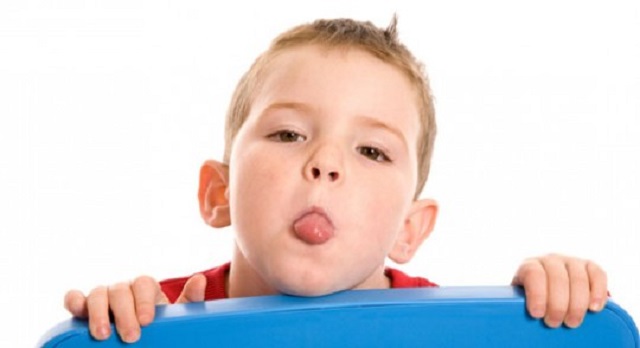
The Sunday News

Naughty
Does not listen
Cannot sit still
Cannot follow instructions
Always busy
ADHD facts
ADHD is a disorder where the child has difficulty to pay attention.
There are 3 types:
Type 1: Child does not pay attention, does not listen well to instructions, lose their things like school books, bags and are forgetful.
Type 2: Child is hyperactive, cannot sit still, are always running around, interrupts people when they are talking.
Type 3: Cannot pay attention and is hyperactive.
Attention deficit hyperactivity disorder is the most commonly dignosed disorder in children and teens.
ADHD also affects approximately 4 percent of adults, according to the WHO.
For both kids and adults, these symptoms create problems at school, work and in relationships.
What are the Risk Factors and Causes for ADHD?
Genetics — Studies show that ADHD runs in families and that about 80 percent of cases may be caused by genes inherited from parents.
Environment — The maternal (mother) environment might increase the risk for ADHD, including smoking during pregnancy, low birth weight and mum’s mental health. ADHD seems to be associated with traumatic events, such as emotional or physical abuse.
Food additives: A recent study found that drinking cold drink and food with additive (unhealthy components in food) increases hyperactivity in children without ADHD eg fizzy cold drinks, too much sugar and preservatives.
Brain Injury: Head trauma can cause ADHD like symptoms, though only a small percentage of these causes have been identified.
Symptoms of ADHD:
1 Hyperactivity
— Fidgets in a chair.
— Leaves his/her seat when its inappropriate.
— Runs or climbs when it’s inappropriate.
— Frequently has difficulty playing or participating in activities quietly.
— Often acts like he or she is “on the go” or “driven by a motor”.
— Talks excessively (too much).
2 Inattention
— Misses details and makes careless mistakes.
— Is unable to organise tasks and activities.
— Has difficulty following through on instructions and completing assignments.
— Gets bored with a task after only several minutes.
— Doesn’t seem to listen when spoken to.
— Is easily distracted.
— Often loses toys, school supplies or anything necessary for a particular task.
— Is often forgetful.
— Avoids, dislikes or hesitates to participate in activities that require continous mental effort (eg homework)
3 Impulsivity
— Blurts out answers before questions are completed.
— Has a tough time awaiting his or her turn.
— Interrupts others.
How is my child diagnosed with ADHD?
Doctor will perform a physical examination and take a medical history.
Doctor may also check hearing and vision so other medical conditions can be ruled out.
Other adults who see your child regualarly eg teachers probably will be consulted
An educational evaluation, which usually includes a school psychologist, may also be done.
You can also consult the occupational therapist.
Lee-Anne Hall
BSc Physiotherapy




